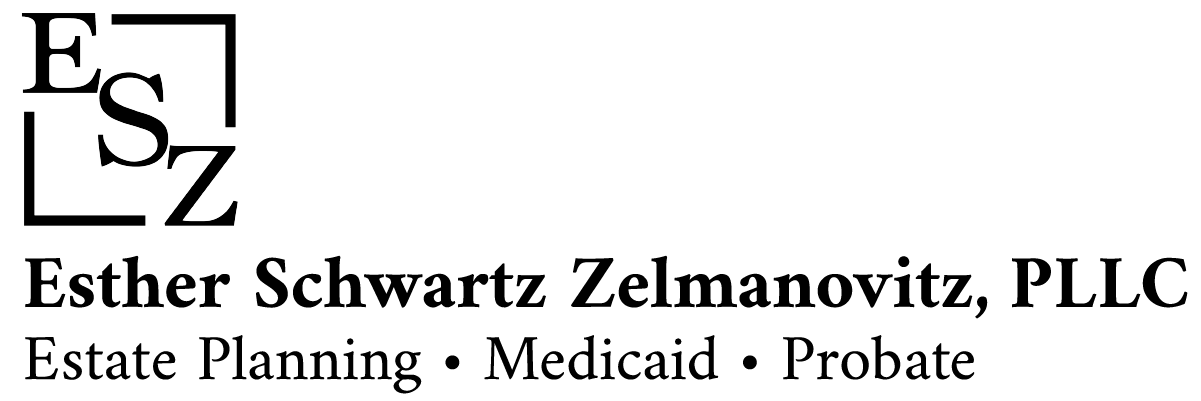Dealing with an Estranged Child in Estate Plan
Under New York State law, a child is a default beneficiary of a deceased person’s estate. However, as long as you have mental capacity, you can create an estate plan directing the distribution of your estate to whomever you wish. Cutting your child off in your will is a serious and painful decision and an Estranged Child in Estate Plan can cause complications. While it is usually awful circumstances that led to the broken relationship, it is sometimes a parent’s wish to disinherit a child from their estate or substantially reduce the portion of the child’s inheritance.
There are different approaches that can be taken when dealing with an estranged child in your estate plan. The severity and circumstances of the estrangement are factors to consider when deciding on an approach. The following are some strategies for dealing with an estranged child in your estate plan.
#1 Outright disinheritance
If you really don’t want your estranged child to receive anything from your estate upon your death, you can create an estate plan that does not provide at all for your child, fully disinheriting the child. It Is advisable that if you are leaving a child nothing, you should still specifically include the name of your child and a statement that you are disinheriting him or her to make it clear that you did remember that child but have made the conscience decision to disinherit that child. If you fail to mention him or her at all, it may be easier for your child to challenge your will. However, there is no need to go into any detail in your document as to why you are disinheriting the child and it is advisable not to list reasons in your will.
Disinheriting a child can certainly impose an unintended consequence on your other family members, specifically the individuals you name as your executor or trustee. Your disinherited child may contest the will in court, which can cost your estate time and money and take an emotional and time-consuming toll on the rest of your family.
There are steps you can take to minimize the chances of a challenge to your estate plan and prevent a will contest. First, you should make sure that your will is properly executed and other testamentary dispositions are properly addressed (such as trust fundings, and beneficiary designations). Second, you can write a letter to your estranged child which will provide context and the reasoning behind your decision. This can serve as evidence that there was no undue influence in your decision, and may also result in your estranged child more readily accepting your decision. Third, you should be cautious to remove any appearance of undue influence by other children in the estate planning process.
Avoiding probate altogether may be an even better strategy. Funding your assets in trust during your lifetime and/or designating beneficiaries for your assets will allow those assets to transfer to your beneficiaries without court involvement or required notice to your estranged child. However, keep in mind that while certain strategies will make it more difficult for your estranged child to stir up trouble or prevail on a challenge, the courts are always open for trouble makers and there is no absolutely foolproof strategy!
#2 Smaller inheritance for Estranged Child in Estate Plan
If you don’t want to disinherit your child entirely or wish to make it less likely the estranged child will contest the will, you may want to leave them an inheritance that is smaller than the amount you leave to your other children or smaller than the amount they would have inherited by law, had you not prepared an estate plan. Leaving a child a reduced inheritance rather than nothing at all may prevent him or her from contesting the will, especially if you include a no-contest clause (also called an “in terrorem clause”) in the will. A no-contest clause provides that if your child challenges the will and the loses, he or she will then get nothing from your estate. The inheritance that you do include must be substantial enough that a challenge would not be worth the risk of forfeiting the inheritance.
#3 Leave the inheritance in a trust
If the reason you are estranged from your child is due to their abuse of alcohol or substances and you do not want to leave such a child an inheritance because you are worried about how they will use the money, there are other options. You can consider leaving a portion of your estate in a trust for the child with conditions that must be met before distributions can be made. You can provide instructions to the trustee on when and how the trustee should disburse the funds in the trust. For example, you can instruct the trustee to disburse the money in small increments or only if the child meets certain conditions, like staying drug- or alcohol-free or working a full-time job.
Figuring out how to treat an estranged child in your estate plan is complicated and emotional. Feel free to contact our office to discuss your unique situation and determine the best strategy for you.
